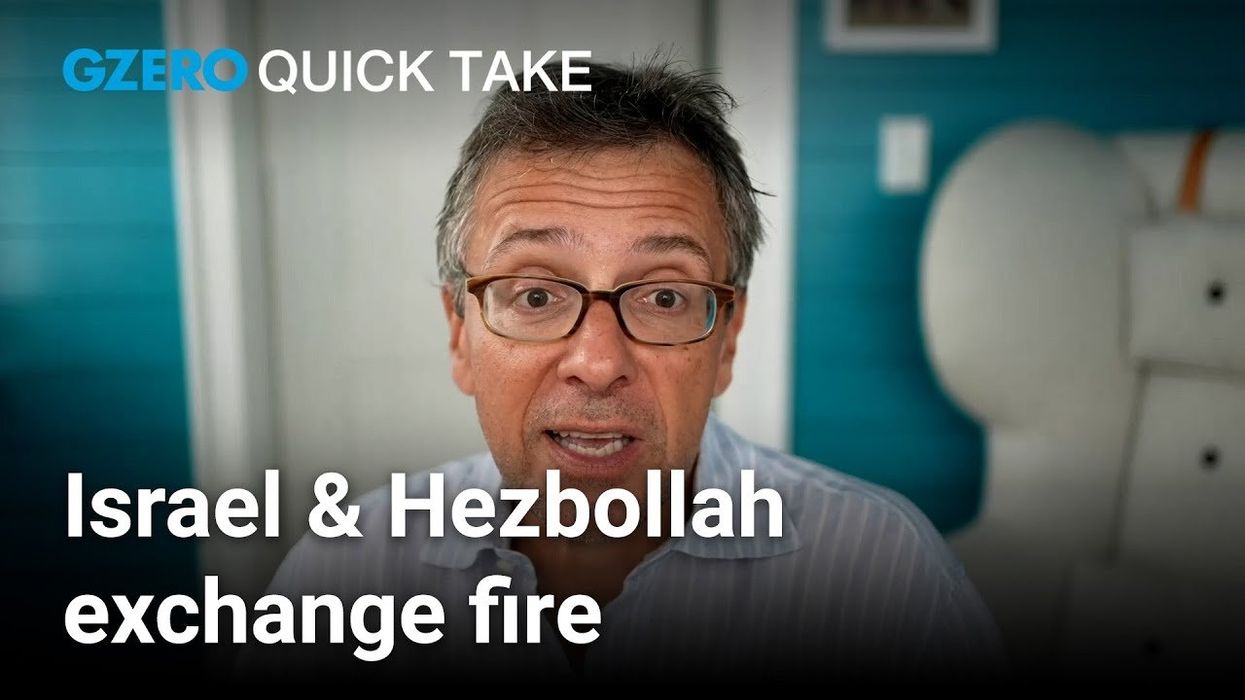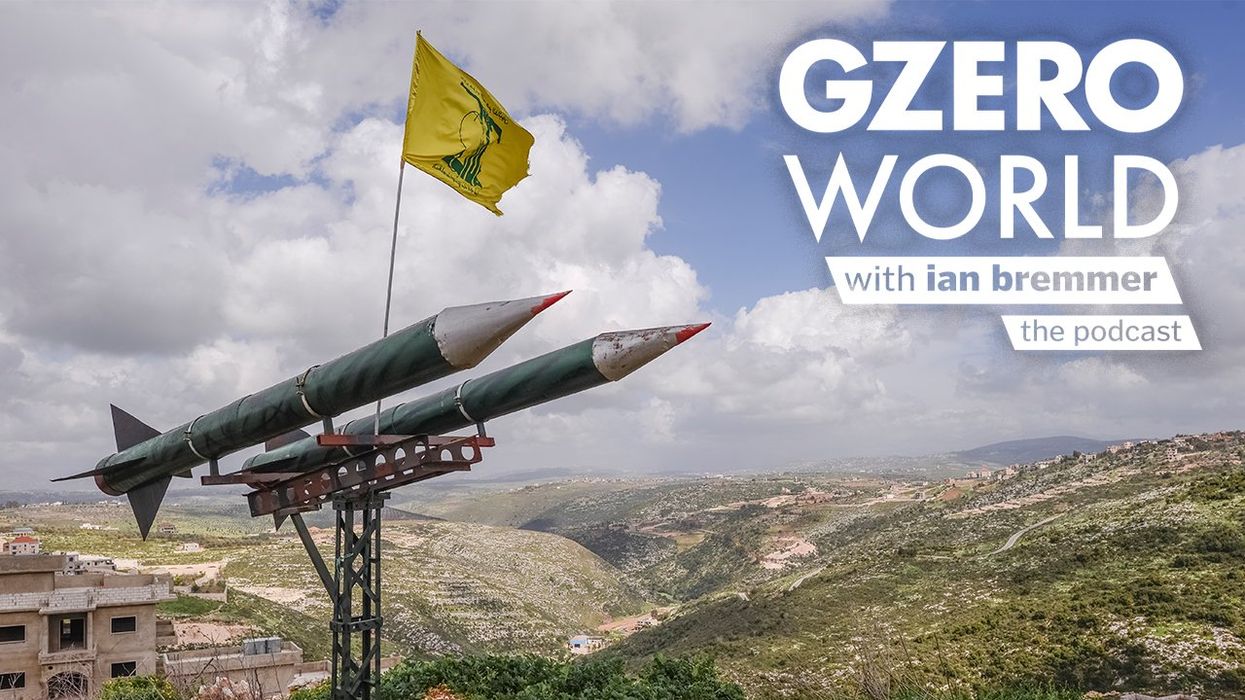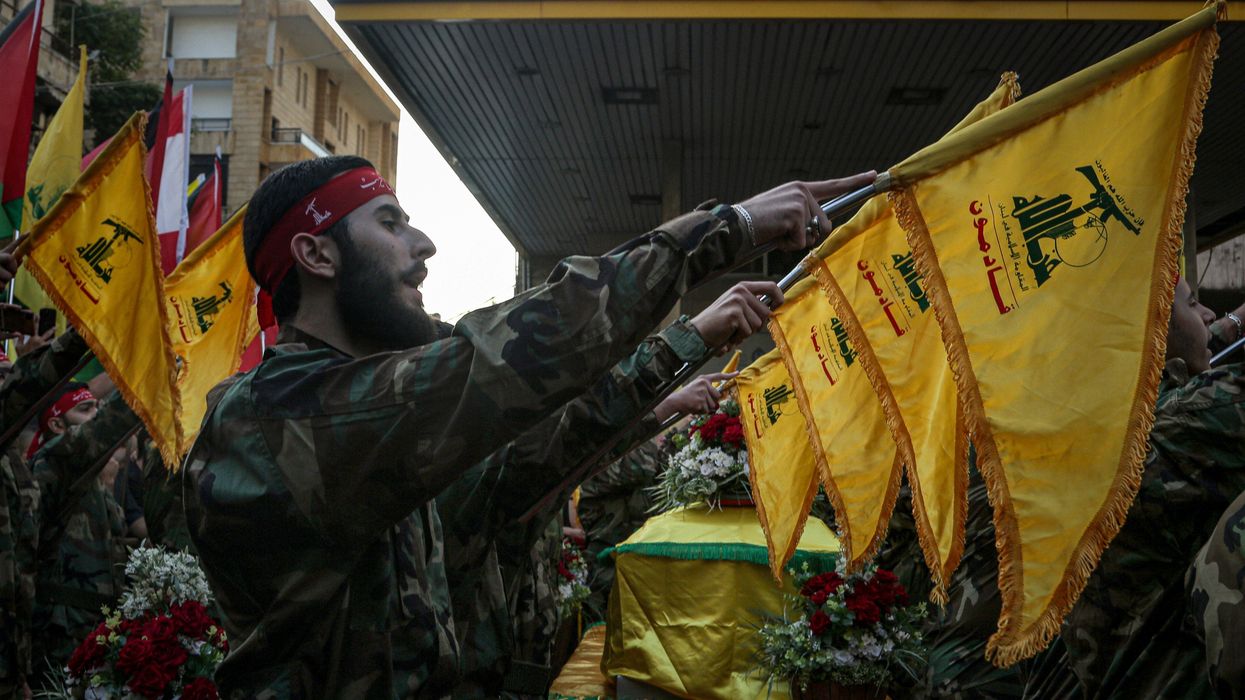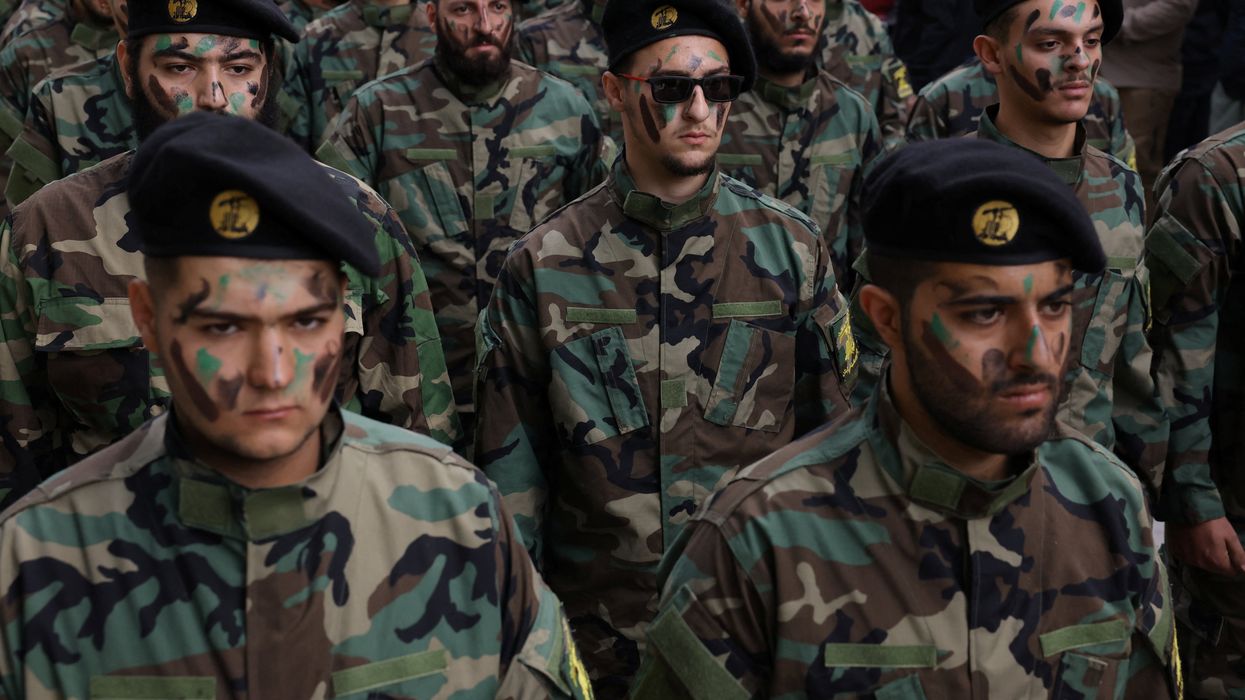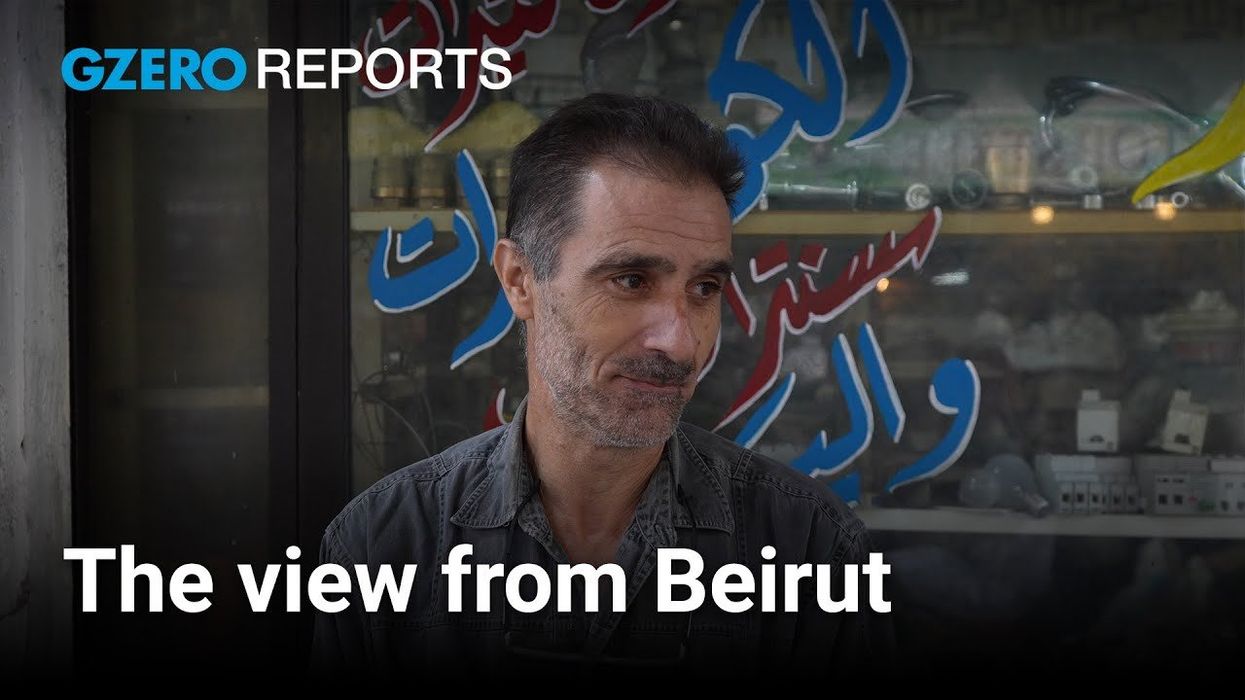Quick Take
Israel & Hezbollah: What to expect next
Ian Bremmer's Quick Take: This wave of Israel-Hezbollah attacks is disentangled from Iran, and we saw that the Israelis, of course, were able to assassinate the political leader of Hamas, Haniyeh, who was in Tehran on the occasion of the inauguration of the new Iranian president, deeply embarrassing for the Iranians. It's been a month, and there's been no Iranian retaliation despite the fact that the Supreme leader and others in the Iranian government structure had said that major strikes were coming within hours; that's not the case. Iran is waiting for a window of opportunity to avoid dramatically escalating the feud into a region-wide war, same as Hezbollah.
Aug 26, 2024
